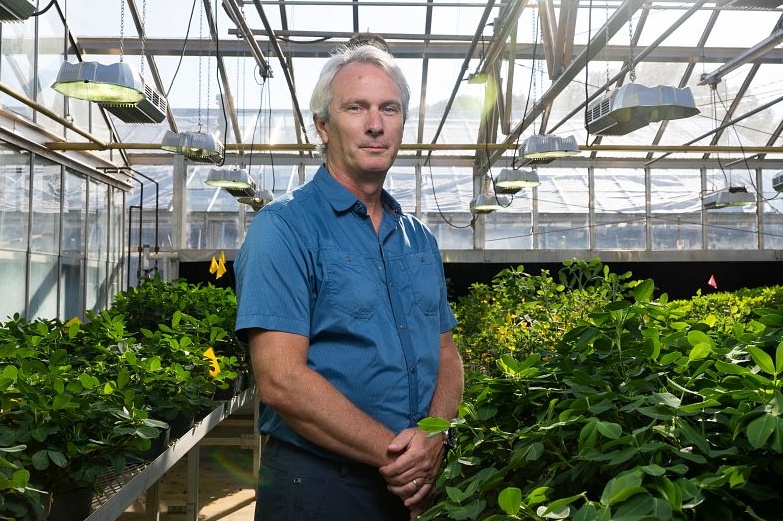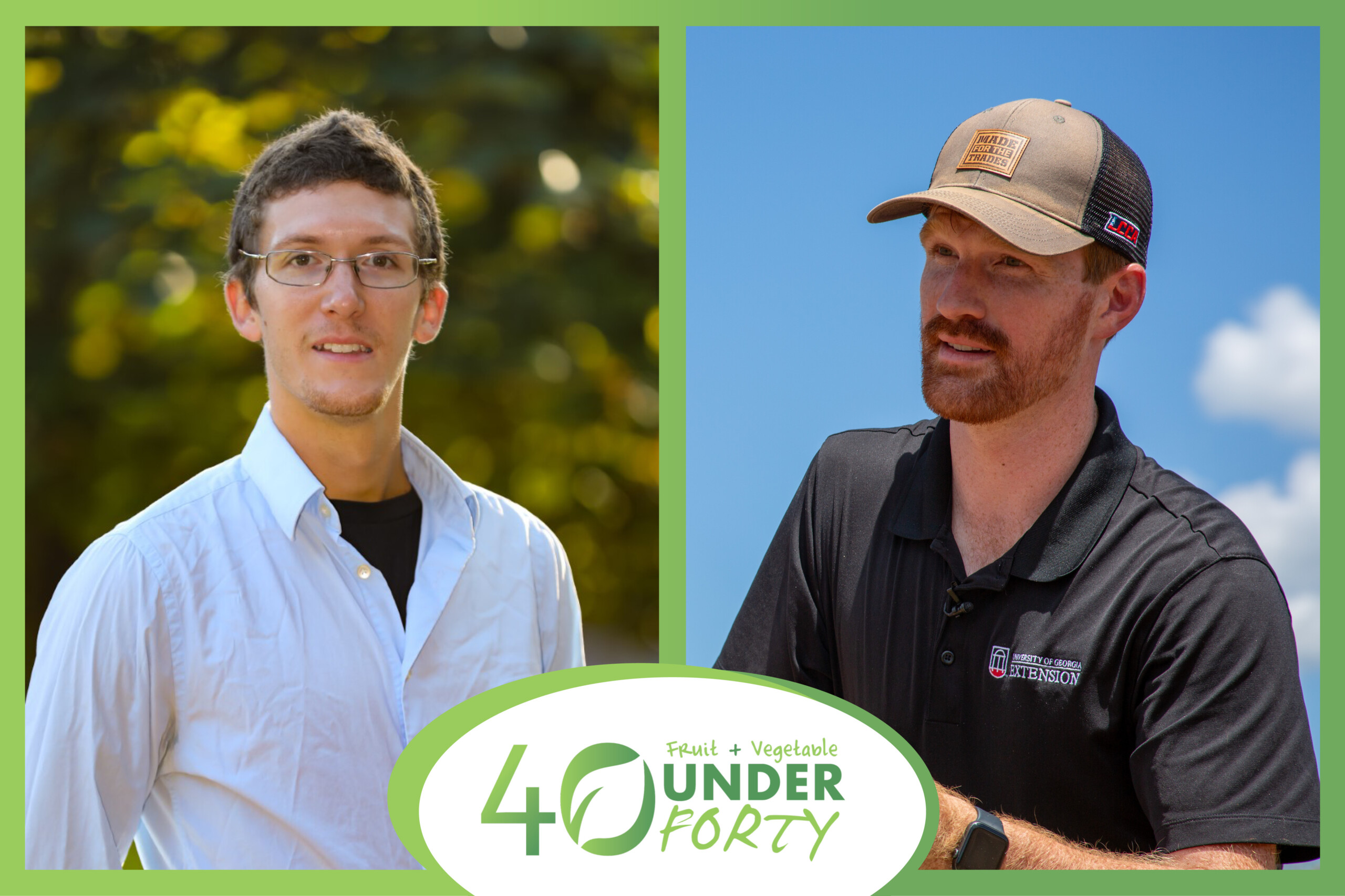32,000 research citations over the past five years
Office of the Associate Dean for Research
109 Conner Hall
Athens, GA 30602
Email: Ag.Research@uga.edu
Phone: (706) 542-2151
We are committed to discovering, innovating and delivering the science required to feed and fuel the world.
See how we are leading innovation in research$43.8M in external funding support for research
$52.4M New competitive federal grants increased 6.3% from $49.3M
918 Peer reviewed journal articles published by CAES Faculty
785 grants received in FY21
Funded by: USDA NIFA, USDA ARS, National Science Foundation, CDC top funders, among many others
Research News



